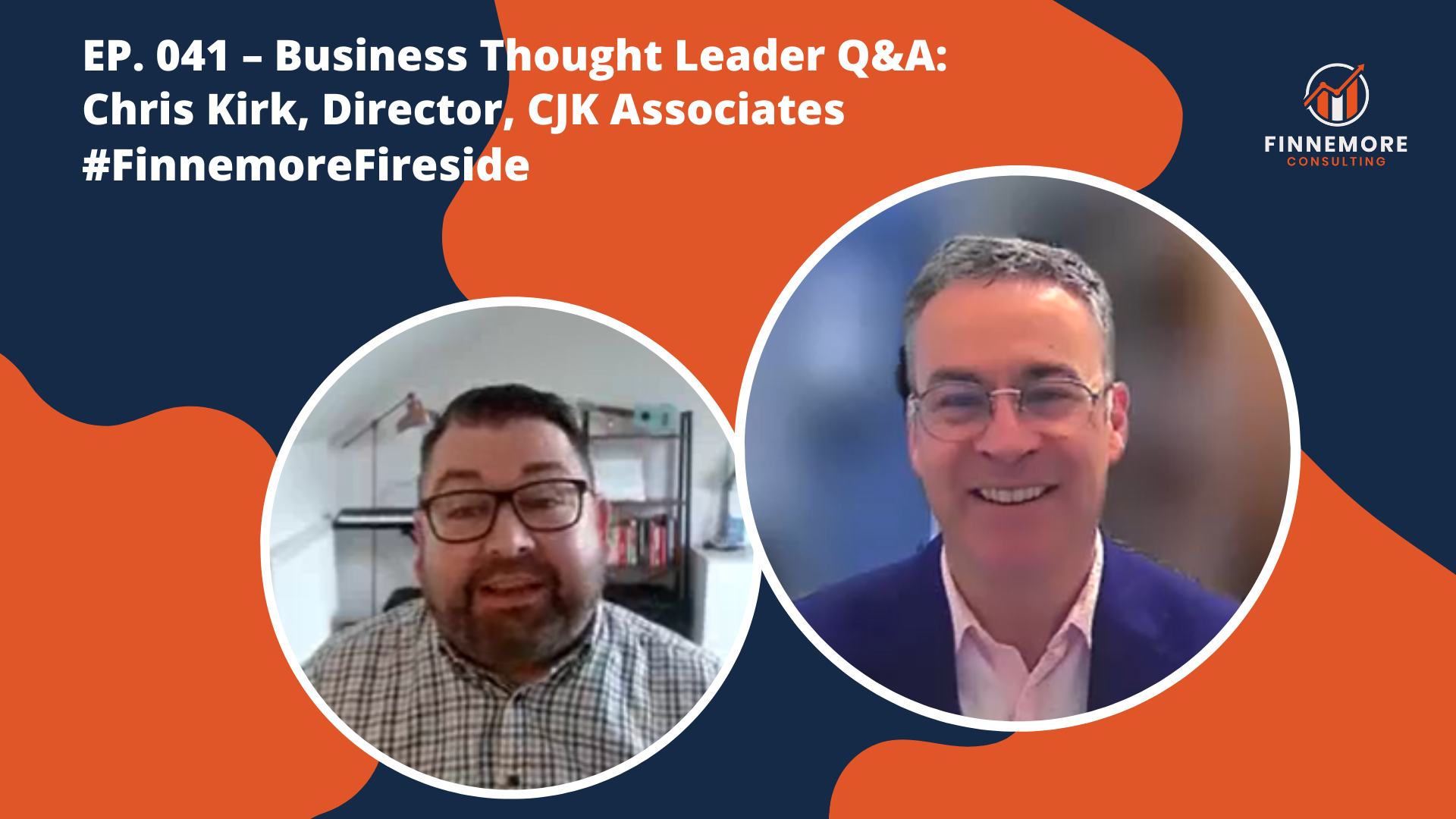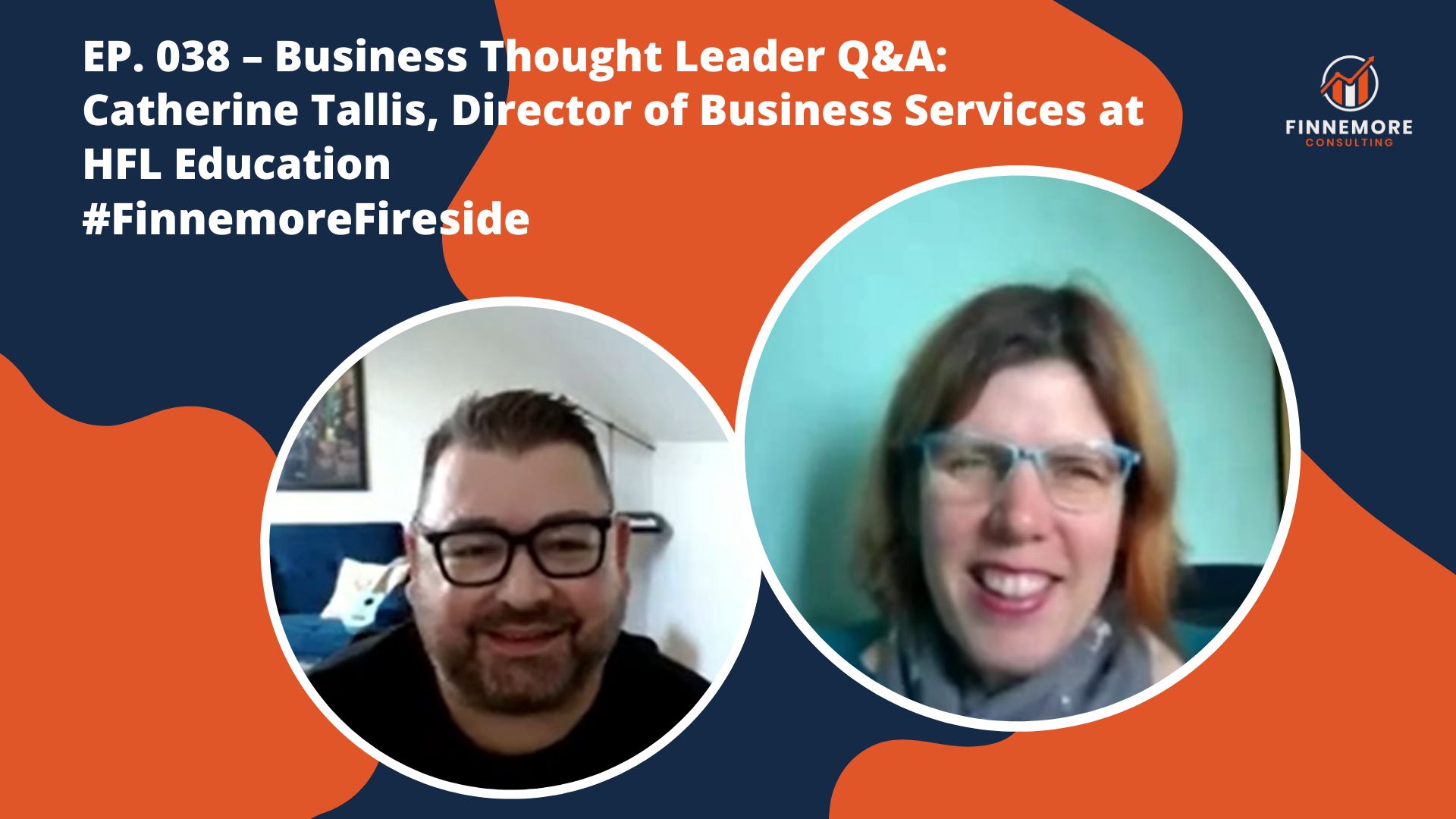It was a real privilege to be asked to present a session on the future of AI within schools at the Coventry Schools conference last week. Thank you Alison York and Ollie Burnett for the invitation.
My session aimed to create conversation and understand the massive potential and possibilities when it comes to technology and AI. The main takeaway from the session is that, between schools/MATs, suppliers and support teams, we should all strive to make the most of utilising the latest technology and staying ahead of the AI curve.
1. As Schools and MATs understand their needs they need to push for solutions to meet their pain points, no need to worry about the limitations of technology, that’s for the suppliers to solve.
2. Suppliers understand the technology and should offer up solutions which showcase ‘the art of the possible’, this includes reducing friction to utilising their solutions.
3. Support Teams are important as part of this relationship to continue to work in partnership with schools and MATs, ensuring they get the most out of their current solutions and advise on changing needs.
What do you think? Is AI on the agenda for your school or business?













